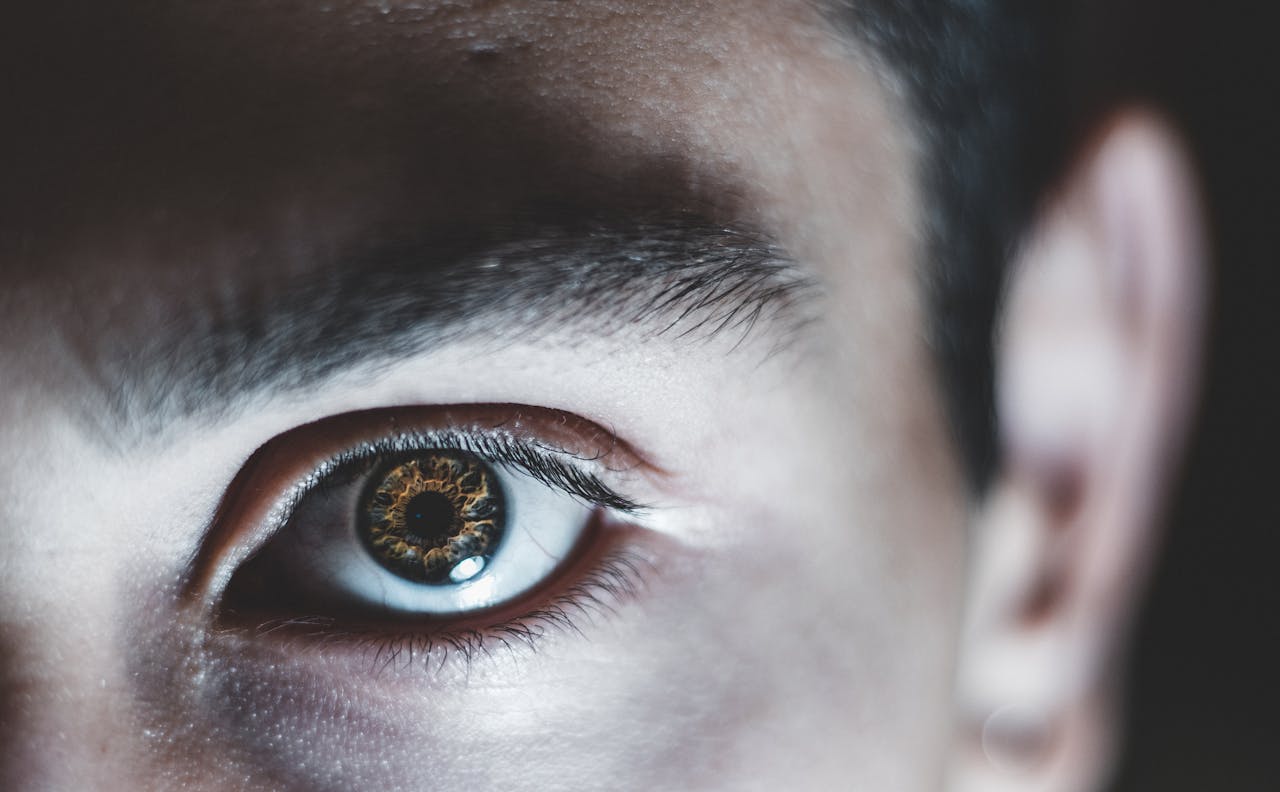A recent study has revealed that celebrity status plays a key role in directing our attention, regardless of age. The research, which explored the “celebrity effect” on gaze following, found that both younger and older adults are more likely to follow the gaze of famous individuals, such as political leaders and entertainment stars, compared to ordinary people.
Gaze following, the tendency to look where someone else is looking, is a fundamental part of social interaction. It allows humans to quickly gather information from their environment based on where others direct their attention. This study set out to determine if social information—specifically the identity of a celebrity—affects how people follow the gaze of others.
Participants were shown images of faces, including political figures, celebrities, and everyday people, with the direction of the gaze clearly indicated. The researchers found that both younger and older participants were more likely to follow the gaze of a famous figure than an ordinary person, suggesting that social status strongly influences how we allocate our attention.
Celebrity Effect Holds Strong in Older Adults
One of the most significant findings was that older adults, who typically experience slower cognitive processing with age, exhibited similar gaze-following behaviors as younger adults when it came to celebrity faces. In fact, older participants showed an even stronger response in some cases, particularly when given more time to process the gaze direction of a celebrity.
The study’s authors believe this points to an important distinction: while cognitive speed may slow with age, the ability to process social information, such as recognizing the status or importance of a person, remains intact. The researchers noted that older adults displayed a stronger “facilitation effect” when the stimulus of a celebrity’s gaze was presented for a longer duration. This suggests that older individuals may require more time to process such cues, but their ability to respond to socially significant information, such as the gaze of a famous person, remains robust.
Why Do We Follow Celebrity Gazes?
The researchers suggest that this behavior may be rooted in human evolution. Throughout history, humans have relied on cues from important or dominant figures in their group to navigate social and environmental challenges. In modern society, celebrities and political leaders may serve as contemporary equivalents, capturing our attention more easily than the average person.
This “celebrity effect” is believed to extend beyond mere recognition and may be linked to social comparison. When a famous person looks in a particular direction, individuals may unconsciously follow their gaze, treating it as a cue to pay attention to something important or relevant.
Future Research and Implications
The study’s findings highlight that the celebrity effect on gaze following is consistent across age groups, with notable differences in how younger and older adults process the timing of these cues. Future research will look at whether this effect persists when celebrities are presented in different contexts or alongside predictive cues, such as pointing or other forms of overt communication.
The researchers also propose exploring individual attitudes towards celebrities, as this could influence how different people respond to famous figures. For example, a person’s admiration or dislike for a particular celebrity could impact their likelihood of following that person’s gaze.
In a world where social media and public figures play an increasingly prominent role in shaping attention, this study underscores the powerful influence celebrities can have on our behavior—at any age.
Citation(s):
Chen, A., Yuan, Z., Zhou, S., Yu, Q., Zhang, F., et al. (2024). The celebrity effect on gaze following in older and young adults. Psicologia: Reflexão e Crítica, 37(1), 34. https://doi.org/10.1186/s41155-024-00319-w



